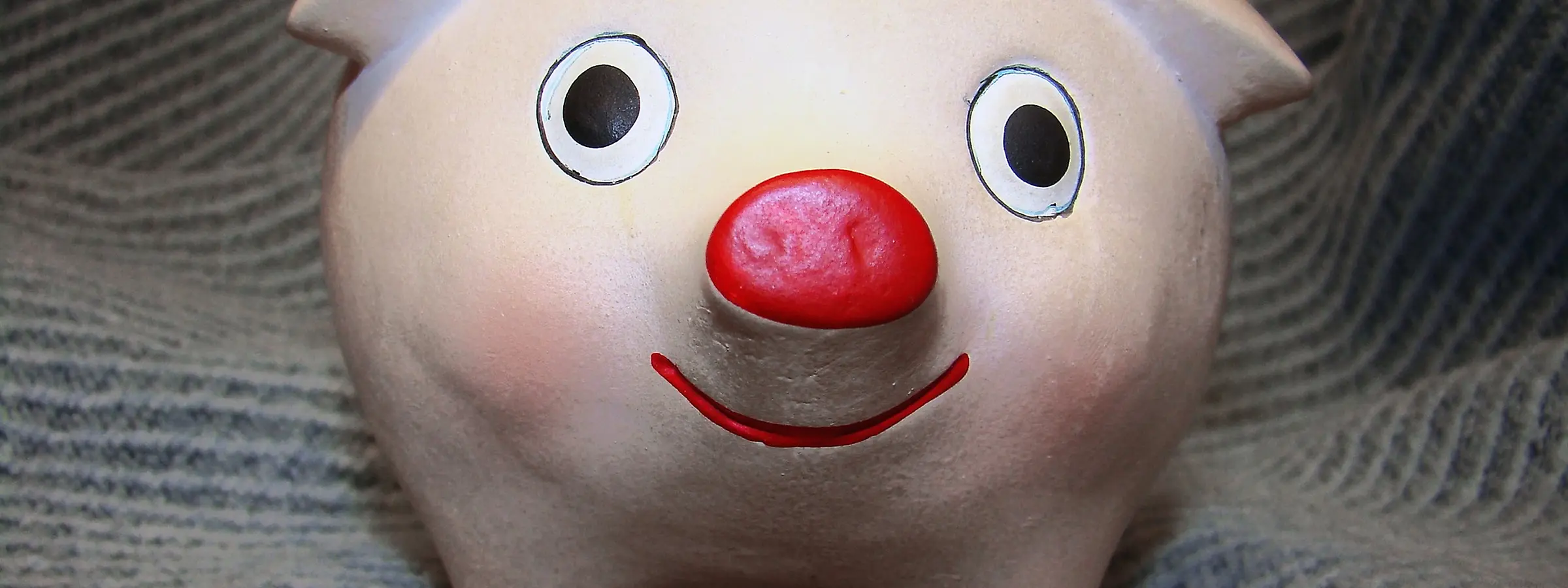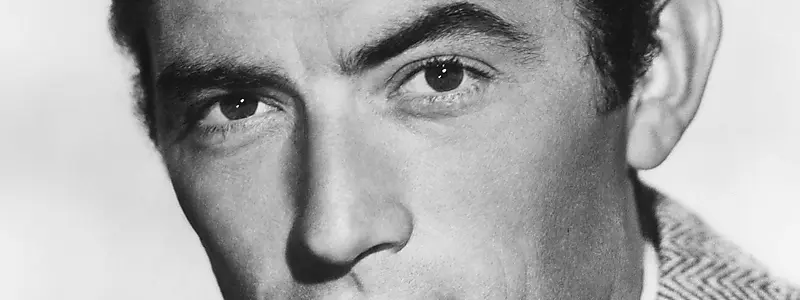With all the exciting projects he has going on, we are very grateful that David Badurina has taken some time to contribute to the blog as a guest writer to help inform his fellow writers about self-publishing.
If you want to know about real-world issues when considering self-publishing versus traditional publishing, read on. You can find out more about David and his fantastic work on Twitter/X, YouTube, Facebook, and on the web.
I’d like to take a moment to highlight a few points about ROI for the self-published. Many authors measure their success in the metric that’s most common - cold, hard cash. While that’s not a bad way to look at an investment, there are other ways to measure your success, and particularly the success of a debut self-published novel.
In retail, we have something known as a “loss leader,” an item for sale at lower than the cost of the item in order to make a sale on something with a better margin. Back in my teenage retail-working days at a big box computer store, we’d sell inkjet printers at a few dollars below cost, because the $20 printer cable you needed only cost us $0.73.
In terms of book marketing, there’s a great deal more nuance, so I’m going to kick your ass into gear with some perspective.
In 2020, I self-published The Caretaker. To that point, the only professional credit I had was an unpaid article in a large martial arts publication. I knew I was going self-pub. I wasted no time on agents, querying, query letters, and the associated indigestion. Most important for me was control of that project from start to finish.
You will wear all the hats, and be all the things, because you aren’t getting a marketing team and a budget as a nobody.
I spent a year and a half on The Caretaker for writing and editing, working full time at the day job, and running a martial arts school 5 nights a week for hours each night as well. I was managing three kids, a bad back, and crippling impostor syndrome the entire time. Plus, the sudden death of my big brother (he was 54) and my father (a cancer diagnosis and his last breath inside of a 3-month timeline) 18 months apart. I grieved while I wrote (and in fact, wrote to cope).
I spent around $800 having it professionally edited. I spent about $300 on the cover. There was another $150 on formatting for print/ebook. Conservatively, I’d say $1500 was thrown at that project when I roll in my writing application and some other costs.
Now if I add up all the Mochas I bought when writing at the local coffee shop — you know what, nevermind.
My point is, I’m $1500 deep as a complete nobody with a debut novel. However, what I did was create a YouTube channel and consistently produce content about twice a week for a full two years before the book release. I built the audience so I could have people wanting to buy the book.
Otherwise, what was I doing? If you have a finished book and then build your audience, you aren’t marketing. You are praying for a lightning strike while you’re getting eaten by a shark and bit by a cobra.
I had to learn video production.
I had to learn to edit and basic design.
I had to learn audio production.
I had to learn how to please the Algorithm Gods.
I had to learn how to build the website.
I had to learn the basics of graphic design, designing for print (bookmarks, business cards, posters in CMYK, bleed-area templates, etc. etc.).
I learned about cardioid microphones, phantom-powered XLR mix boards, and polar patterns.
I learned about keyframes, color correction and audio synchronization in video creation.
I gathered these skills over time (and I’m still honing those skills daily) by creating videos, doing podcasts and collaborations, and general tinkering. I was fortunate in that The Caretaker sold about 1,000 copies (a mark that many traditionally published authors will never reach), but with the high percentage Amazon takes, that barely made a dent in all the time, effort, energy and cash. It took significant resources to produce a professional self-published book, market it, and sell some copies.
For a few years of work, that’s shit ROI. Awful. Terrible. No good. Very bad ROI. Dirt poor, poverty ROI.
And you know what?
100% Worth It.
Why? Because that book opened doors. That story resonated. It’s still sitting on Amazon at 5 stars with about 170 reviews and I don’t even promote the damn thing anymore. The hard work got noticed, and the skills I developed certainly got noticed. Now it’s 2024, (I published in late 2020), so we’re about 3.5 years down the line. I have a short-story published in an anthology that I signed a contract and received payment for, and it’s up for a 2024 Imadjinn award for Short Story of the Year.
This happened because The Caretaker happened. My current novel, SPACE PEW PEW, is about to wreck its Kickstarter goal (August 1st, 2024). I’ve designed the merch, the branding, the promo posts and videos, and (most) of the book cover. I’m recording the audiobook now as well and doing all the post-production on it. When I handed in the SPACE PEW PEW manuscript, my publisher, Three Ravens Publishing, said it was one of the cleanest they’ve received.
Separately, I have non-fiction book that I’m the primary author on, that was written in tandem for the epic Budo Brothers, and we’re about to fire this incredible project off to - literally millions of eyeballs (2+ Million on YouTube, 1.5+ Million on Facebook).
Three Ravens Publishing noticed all of my work, all of that legwork, effort, and skill, and handed me a contract to re-publish The Caretaker and run with that series in the coming years.
This is not a brag. I’m no prodigy. I don’t have a gift for design or schmoozing. Usually, I have to be dragged out of the dark of my office and forced to interact with people (tip: find yourself an extrovert), and often my goofy absurdity hinders my professionalism. Now I have publishers asking me to talk to their authors about marketing, about leveraging social media, and about planning and executing. Marketing folks I respect have taken notice of the kamikaze marketing and wild seat-of-the-pants ideas I have, and I see it as evidence that I did right by me.
But the thing is, all I did was establish a long-term goal.
I knew The Caretaker was a passion project, but that passion project with the dogshit ROI opened up every single door and window I squeezed my fat ass through in the last three years, and now I’m at conventions on panels, and hearing from writing friends that I’m being name-dropped during the BIG panels put on by major publishers with 200 people sitting in the room.
Yes, writing is hard.
Yes, self-publishing is hard.
Yes, you probably look and sound stupid on video or on a podcast, and you know what? It doesn’t matter.
Put in the work, put in the effort, approach everything with the attitude and mentality of putting on a white belt and learning with child-like inquisitiveness, and you will lift yourself into a career you used to dream about as an awkward pimply teenager scrawling awful emo poems in your Trapper Keeper with that fading Manic Panic on your head.
The tough truth here is that even if you spend your years querying, landing the agent, and landing the publisher, you’re going to have to do all of this crap anyway.
You will wear all the hats, and be all the things, because you aren’t getting a marketing team and a budget as a nobody.
The BEST news? You can absolutely do this with a little patience and belief in yourself. Don’t be discouraged, see it as a challenge to upgrade yourself, and keep your eyes fixed on the long-term goal, not the short-term cash-based ROI.
The world needs your voice and your words.
LFG!
David Badurina
Author of SPACE PEW PEW and The Caretaker










